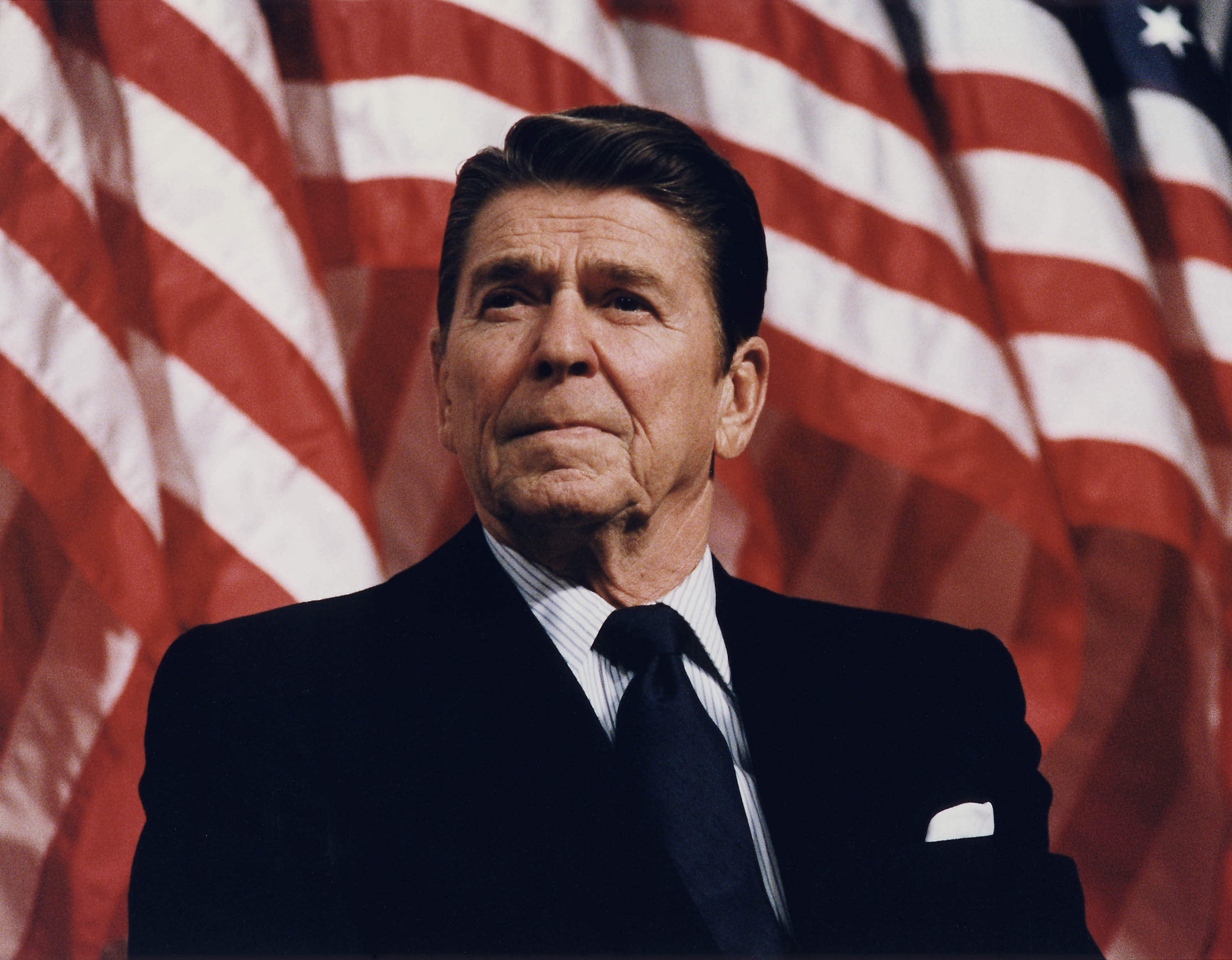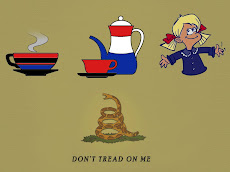
(Walter Williams is in my opinion a brilliant man. At the end of this article he asks the question: "In the clamor for more regulation over our financial institutions, has anybody bothered to ask whether people in government know what they're doing? " That's what I've been asking for the past eight weeks! Now I'm wondering if the American people have ever heard of Economics 101. Fasten your seat belts my friends, hide your walets, we are in for a long and bumpy ride! VN8)
Walter E. Williams
Wednesday, November 05, 2008
There has always been contempt for economic liberty. Historically, our nation was an important, not complete, exception. It took the calamity of the Great Depression to bring about today's level of restrictions on economic liberty. Now we have another government-created calamity that has the prospect of moving us even further away from economic liberty with the news media and pundits creating the perception that the current crisis can be blamed on capitalism. We see comments such as those in the New York Times: "The United States has a culture that celebrates laissez-faire capitalism as the economic ideal. Or, "For 30 years, the nation's political system has been tilted in favor of business deregulation and against new rules." Another says, "Since 1997, Mr. Brown (the British Prime Minister) has been a powerful voice behind the Labor Party's embrace of an American-style economic philosophy that was light on regulation."
First, let's establish what laissez-faire capitalism is. Broadly defined, it is an economic system based on private ownership and control over of the means of production. Under laissez-faire capitalism, government activity is restricted to the protection of the individual's rights against fraud, theft and the initiation of physical force.
Professor George Reisman has written a very insightful article on his blog titled "The Myth that Laissez Faire Is Responsible for Our Financial Crisis." You can decide whether we have in an unregulated laissez-faire economy. There are 15 cabinet departments, nine of which control various aspects of the U.S. economy. They are the Departments of: Transportation, Housing and Urban Development, Health and Human Services, Education, Energy, Labor, Agriculture, Commerce, and Interior. In addition, there is the alphabet soup cluster of federal agencies such as: the IRS, the FRB and FDIC, the EPA, FDA, SEC, CFTC, NLRB, FTC, FCC, FERC, FEMA, FAA, CAA, INS, OHSA, CPSC, NHTSA, EEOC, BATF, DEA, NIH, and NASA.
Here's my question to you: Can one be sane and at the same time hold that ours is an unregulated laissez-faire economy? Better yet, tell me what a businessman, or for that matter you, can do that does not involve some kind of government regulation. A businessman must seek government approval for the minutest detail of his operation or face the wrath of some government agency, whether it's at the federal, state or local level. Just about everything we buy or use has some kind of government dictate involved whether it's package labeling, how many gallons of water to flush toilets or what pharmaceuticals can be prescribed. You say, "Williams, there's a reason for this government control." Yes, there's a reason for everything but that does not change the fact that there is massive government control over our economy.
It is incorrect to say that laissez-faire or free markets are unregulated. There is ruthless regulation, but it's not by government. Take the mortgage industry. In the absence of government interference, it is unlikely that a lender would extend a mortgage to a person with a poor credit history, making no down payment, and providing no verifiable employment history. But under the pressure of the government's Community Reinvestment Act and Fannie Mae and Freddie Mac buying up or guaranteeing such mortgages, a lender will.
When businesses make unwise decisions that lead to bankruptcy, their assets are sold off to someone else who might be able to put them to wiser use. Government bailouts give businesses a reprieve that the market wouldn't give them. Bailouts have at least two effects. They permit continued unwise use of resources and it creates what economists call moral hazard, the expectation of future bailouts and others hopping on the bailout wagon.
The blame for our current financial mess rests with government, with the major player being the Federal Reserve Board keeping interest rates artificially low and the congressional and White House market interference in the name of more home ownership. In the clamor for more regulation over our financial institutions, has anybody bothered to ask whether people in government know what they're doing?






7 comments:
Good Post, VN8. Williams is an outstanding analyst. I cannot remember the last time I listened or read a piece by him when I disagreed. This is no exception. IMHO, A relatively free form of lassaiz-faire can exist with a sort of roughed-in framework of guidelines. When the government over-regulates, it has the effect of manipulating the natural flow of capital that would normally allow business to grow. It is natural, because manufacturers would continuously develop their product or service to meet the needs of their customers. Customers would signal the need for such improvements with their market preferences. Government interference with this process makes it difficult for the producer to dedicate his attention to his customer, because his energies are diverted to satisfy matters of compliance. That expended energy can be translated into money which is reflected in the price of the goods or services. This is NOT lassaiz-faire, and not good for an economy that would be based on it.
Psssst. VN8, I think Chen sorta likes you!
OM1C, wow that was a mouthful and I could not have articulated what you said if I tried, but I do love me some Walter Williams! LOL The man needs to run for political office but alas, I'm afraid that he is too SMART for that to happen! LOL
As for chen, what's up with that dude? He's on my prayer list because I wouldn't want to listen to all that honking and all those motorcycles either! LOL
Keep the faith brother, VN8
I've studied a little economics.
ECON 201 Principles of Economics I
ECON 202 Principles of Economics II
ECON 303 Money and Banking
ECON 410 International Trade
ECON 414 Finance and Investments
Anyway just wanted to say yeah, this American knows a thing or two about the subject. Damn I still have nightmares about Dr. Drewery and that ECON303 class though. LOL
Williams would be he an excellent candidate, which I'll bet he'd avoid. I'm also betting he would make a wonderful economic adviser to a smart campaign. He knows a thing or three about how the free market engine works, and I love to hear him speak. In the piece you feature here, he doesn't mince words about how government "tweaks" can gum up the works.
I'm sorry I took off on that last comment, but I've heard Williams speak many times on this subject, and that comment reflected what I took from his words. In looking at post-depression economics in this country, I think it's agreed that over regulation has a serious and detrimental downside.
Uh, yeah - what OM1C said.
Lee, I know what you mean! Ditto OM1C! Looking forward to 2012! VN8
Post a Comment